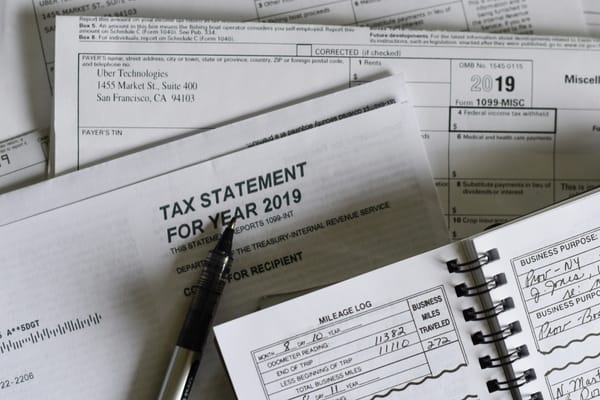Quick Guide: Sales Tax Certificate (aka Seller’s Permit / Resale Certificate)
Getting a sales tax certificate (aka seller’s permit) is a free, simple step that lets you buy inventory tax-free and legally collect sales tax from customers. Here’s a beginner-friendly, state-based guide so you avoid scams and get approved fast.

– 3 min read









